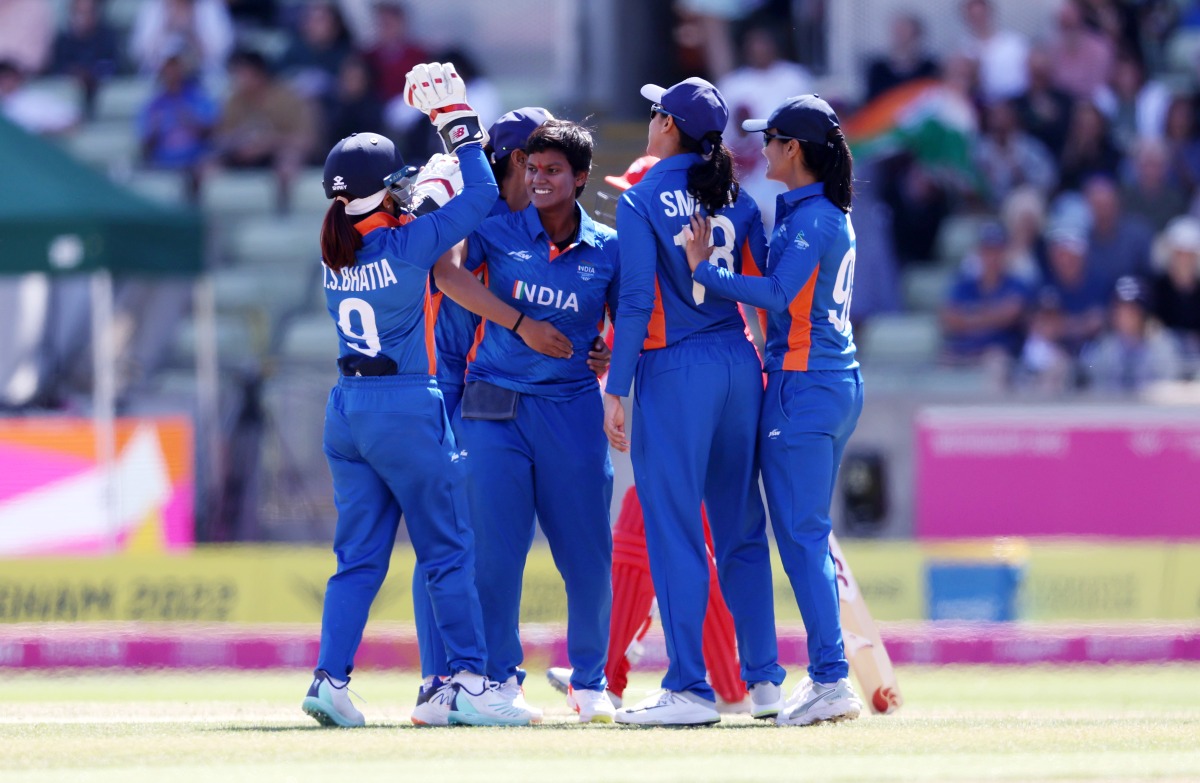India has declined an offer from the International Cricket Council to host the Twenty20 World Cup for women in October as a replacement for Bangladesh. The decision comes in the wake of political unrest in Bangladesh, where protests against a quota system for government jobs escalated into a movement against Prime Minister Hasina Wajid’s administration. The turmoil led to Hasina leaving office and fleeing to India after ruling for 15 years. The ICC is considering changing the venue due to the ongoing unrest in Bangladesh, with the United Arab Emirates and Sri Lanka also being considered as potential hosts.
Jay Shah, the secretary of the Board of Control for Cricket in India, stated that India has rejected the offer to host the Women’s World Cup due to the monsoon season and the upcoming Women’s ODI World Cup next year. Shah emphasized that hosting consecutive World Cups would not be ideal for India. The ICC is closely monitoring the situation in Bangladesh, with the priority being the safety and well-being of the players. Several countries, including England, India, and Australia, have issued travel advisories following the installation of an interim government in Bangladesh.
The decision by India to turn down the offer to host the Women’s World Cup highlights the country’s commitment to prioritizing player safety and well-being. With the ongoing political turmoil in Bangladesh, concerns over hosting a major sporting event in a volatile environment have led to the ICC exploring alternative venues. The refusal by India to host the tournament also takes into consideration logistical factors such as the monsoon season and the scheduling of another World Cup event next year.
The potential change of venue for the Women’s World Cup underscores the challenges of organizing international sporting events in politically unstable regions. The ICC’s decision to monitor developments in Bangladesh and consider alternative hosts demonstrates a commitment to ensuring a safe and secure environment for players and officials. The rejection by India to host the tournament reflects a strategic approach to managing cricket events and avoiding potential risks associated with hosting consecutive World Cups.
The offer by the ICC to India to host the Women’s World Cup serves as a testament to the country’s growing stature in the world of cricket. However, India’s decision to decline the offer showcases a responsible approach to managing sporting events amidst political uncertainties. With the focus on player safety and logistical considerations, India has opted to prioritize the well-being of athletes and officials over hosting prestigious tournaments. The refusal also highlights India’s strategic planning and foresight in managing cricket events on the global stage.
The consideration of the United Arab Emirates and Sri Lanka as possible hosts for the Women’s World Cup reflects the ICC’s efforts to ensure the smooth conduct of the tournament. By exploring alternative venues, the ICC is demonstrating flexibility and adaptability in responding to changing circumstances. The decision-making process for selecting a host country emphasizes the importance of creating a secure and conducive environment for international cricket competitions. As the situation in Bangladesh remains uncertain, the ICC’s proactive approach in assessing the situation and identifying suitable hosts is vital for safeguarding the integrity of the sport.










